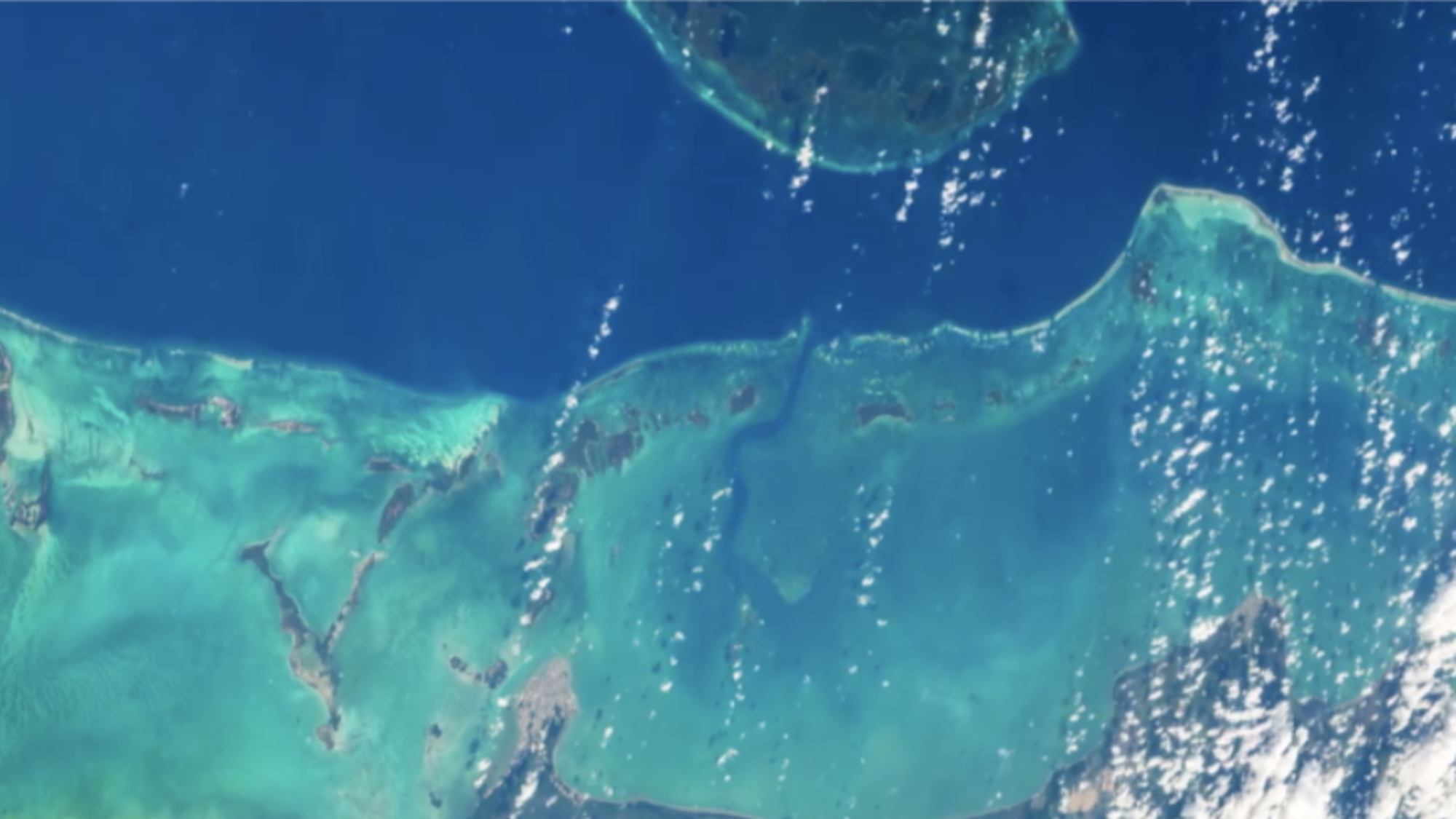
Title: The Future of Belize-U.S. Relations with Ambassador H.E. Daniel Gutierez
On February 8th, the Ambassador Insider Series, hosted by The Washington Diplomat at 13U, welcomed Belizean Ambassador to the United States H.E. Daniel Gutierez. Following the event, Five Minutes with an Expert met with the ambassador to talk about the state of Belize’s relations with the United States, the status of Belizean-Americans, and the latest economic developments in his homeland.
GJIA: Last year, Belize’s vote for the UN resolution condemning the United States’ recognition of Jerusalem as the capital of Israel raised some concerns that this move would hurt the Belize-US bilateral relationship? Have you seen any of these concerns materialize?
DG: The only negative thing that has happened was that Belize was removed from a list of foreign nationals who can access a certain type of visa. The stated reason by the U.S. government was for human trafficking. So, if you take that at face value, the answer is no. The collaboration that we have with the United States, as you heard in the presentation, goes far deeper than what can happen within the next three years, or maybe the four years after that. It is very deep, and it is based on principles of democracy, rule of law, and freedom of religion. I don’t see that changing too much.
Has the recent discussion of immigration policy and law in the United States affected the status of the 70,000 Belizean-Americans?
We have not seen any spike in deportation. Many Belizean-Americans, because we come from an English-speaking country, have been able to integrate very easily. We haven’t had difficulty integrating in the U.S, so our access to proper documentation is relatively easier than other Central American countries. Having said that, there is always a fear that a change in policy is going to negatively affect Belizean-Americans. But in the numbers, we have not seen a negative effect so far.
As you know, Belize has one of the highest murder rates in the world. To counter this, a major aspect of the Belize-U.S. relationship has been the work against narcotics trafficking and organized crime. What impact, if any, has the U.S.-Belize working relationship had on this issue?
The answer is a yes, but it’s a very complex yes. We certainly welcome the partnership with the United States in dealing with transnational crime because, as you heard me say, the thousands upon thousands of tons of cocaine going through Belize are not bound for my country. They’re bound for Miami, New York, etc. We are collaborating with the U.S., who is helping us to fight. We don’t see any change in that collaboration in the near future. So it is important to us, and it is important for America as well.
You talked in the event about ‘intelligent deregulation.’ You also mentioned that you want countries to invest, not just donate. With this intelligent deregulation, there will be a space for companies and businesses to create. So what sort of sectors do you hope Belize will gain?
The natural one is tourism. We don’t even have to sell that, it’s just happening. But Belize is a producer of grains, and so we need some agro-processing companies. We’ve done a fantastic job of producing beans, corn, sugarcane, and other such crops. What we need are agro-processors that can turn these raw materials into finished products. That is what we’re after.
You also mentioned in the event how the Belizean government protected the oil fields in the Belize Barrier Reef by banning offshore drilling, but you wanted to combine that with a number of different programs to protect the Barrier Reef and the Belizean environment in general. Could you go into a bit of specifics on what these different programs would be?
There’s something in Belize called the Protected Areas Conservation Trust (PACT). If anyone flies into Belize and is not a Belizean, you don’t see it but you pay a small fee that goes directly into the PACT. That allows our government to help villagers protect certain areas. Furthermore, there are certain programs where we educate our fisherman and fisherwoman to not, for example, extract lobster under a certain size. Or there are fishing seasons that we implement; there are seasons for lobster, seasons for shrimp, etc. All of this protects not only the Barrier Reef but also the environment around it. In fact, people are studying what the Belizean government has done in the past few years as an example of what can be done around the world.
You mentioned that the Belizean-U.S. relationship has been strong, is strong, and will continue to be strong. Overall, in what ways do you hope that Belize and the United States can continue to develop their relationship in the coming years economically, militarily, or socially?
Like I said earlier, I want there to be more investment. Americans and American companies lead the world in innovation, have always led the world in new ideas, different ways of doing business, and I think that will be good for my country. They also bring deeper pockets than all other investors, so if we can bring that together with the raw materials and resources in Belize, we can do a lot together.
This transcript has been edited lightly for clarity and length.
. . .
Ambassador H.E. Daniel Gutierez is the Belizean Ambassador to the United States as well as the Organization of American States. He has also served as Belize’s representative to CARICOM and as the Executive Director of Belize’s Economic Development Council. He has worked on marketing, logistics, communications, and business development for the Belize Natural Energy (BNE) oil company and has served as the dean for the junior college at Sacred Heart College. He earned a degree in communications and advertising from Rafael Landivar University in Guatemala in 1997. He continued his education at Philadelphia’s St. Joseph’s University, where he earned an M.S. in international marketing in 1999.